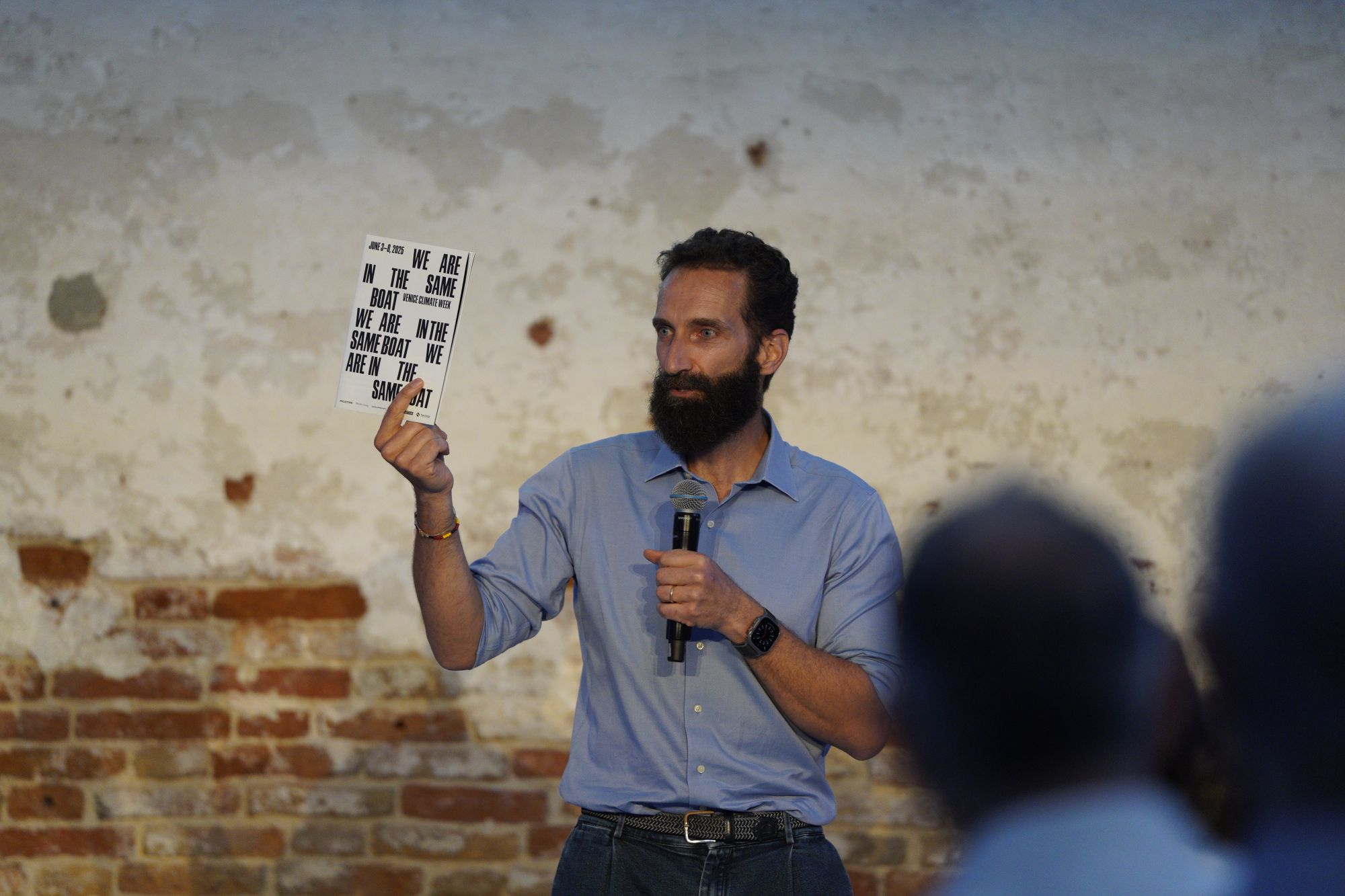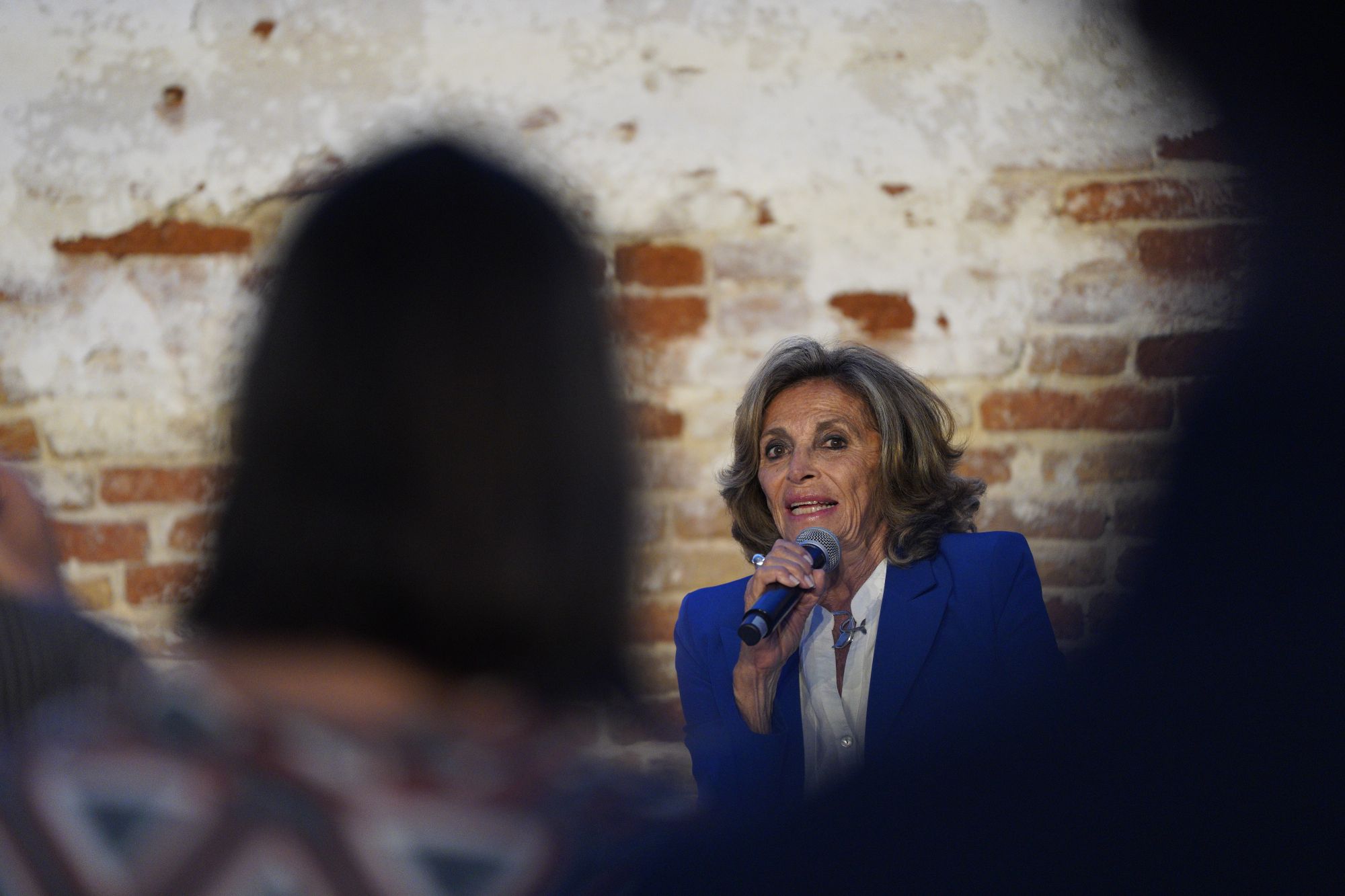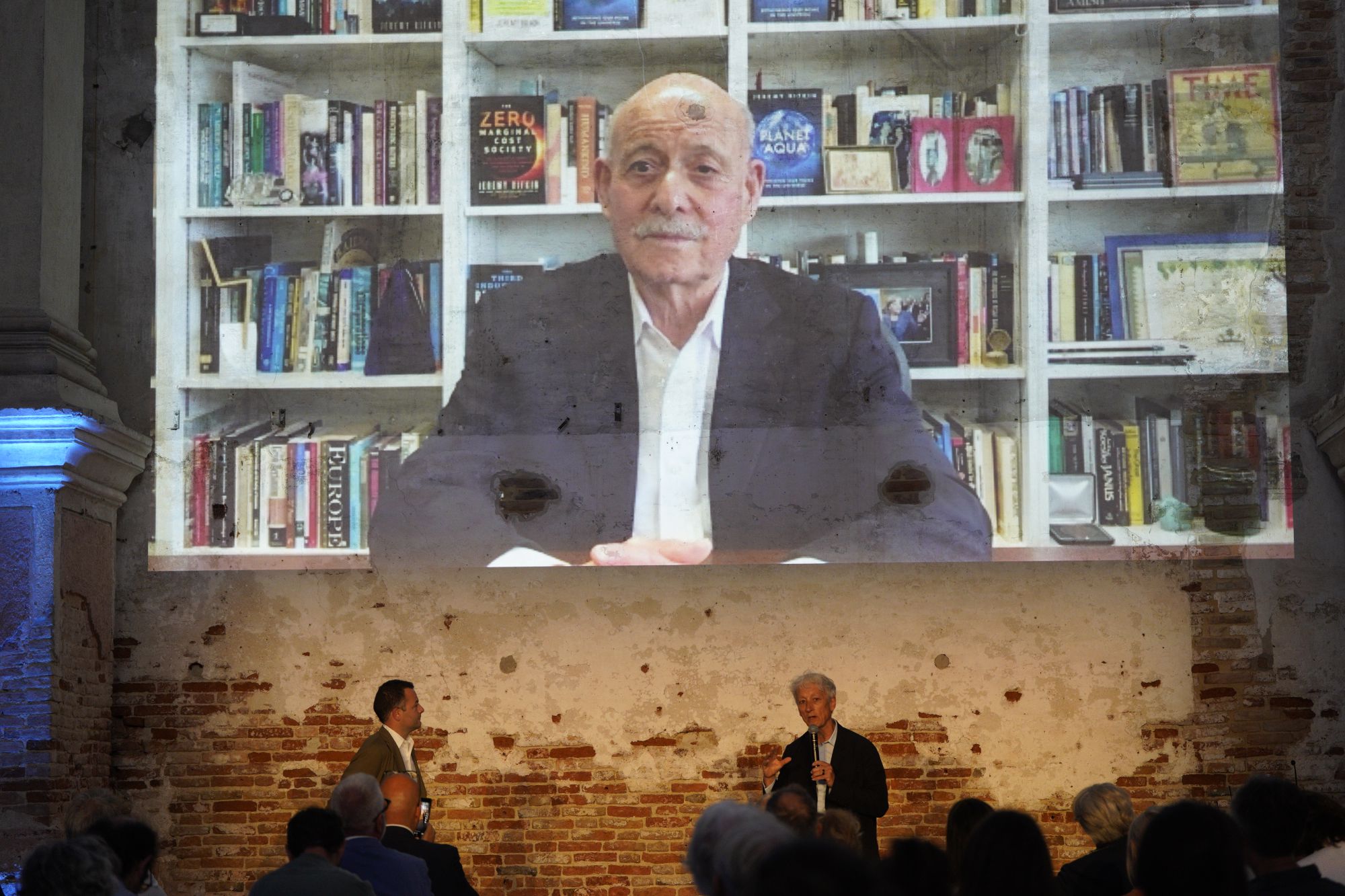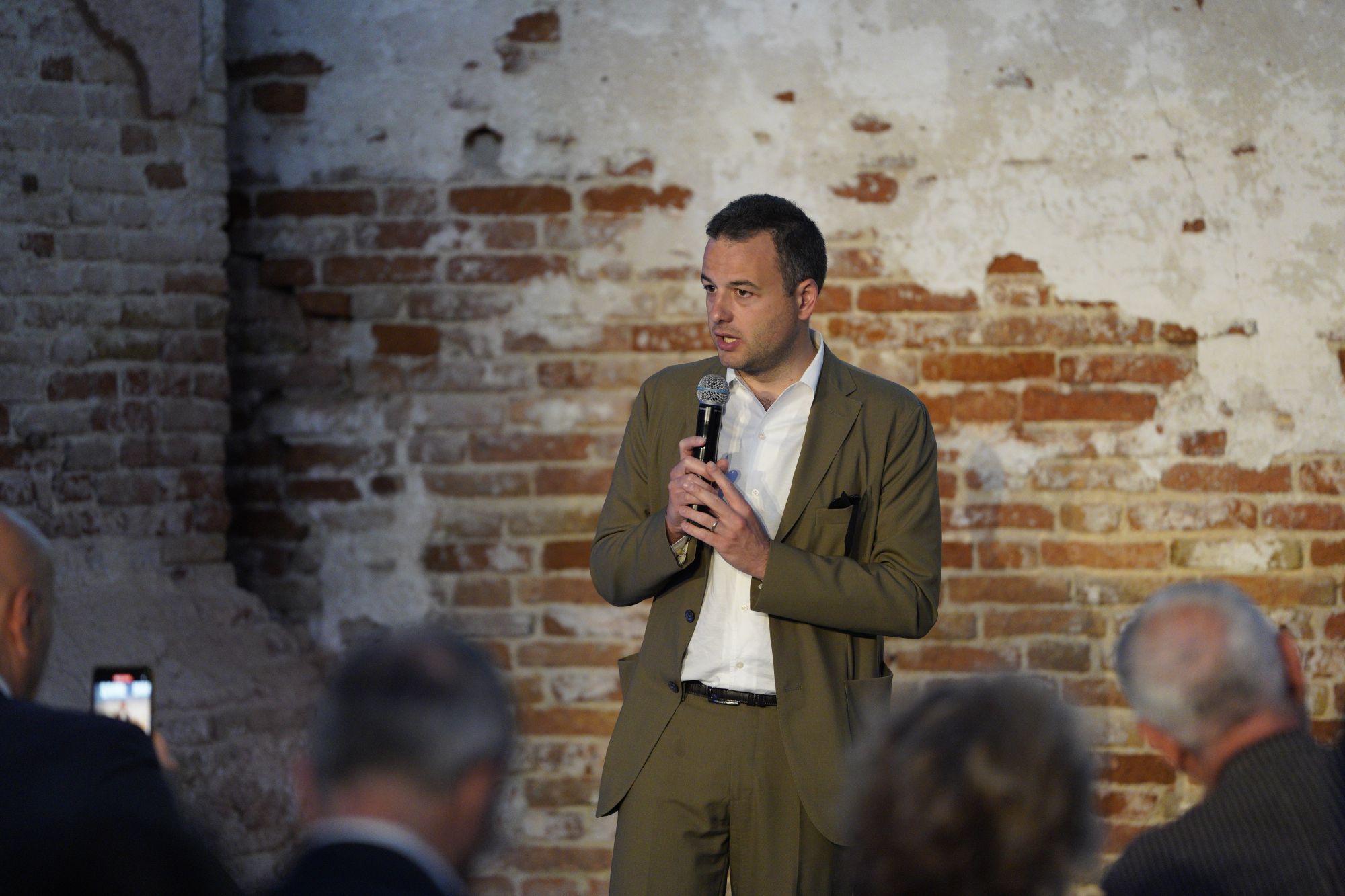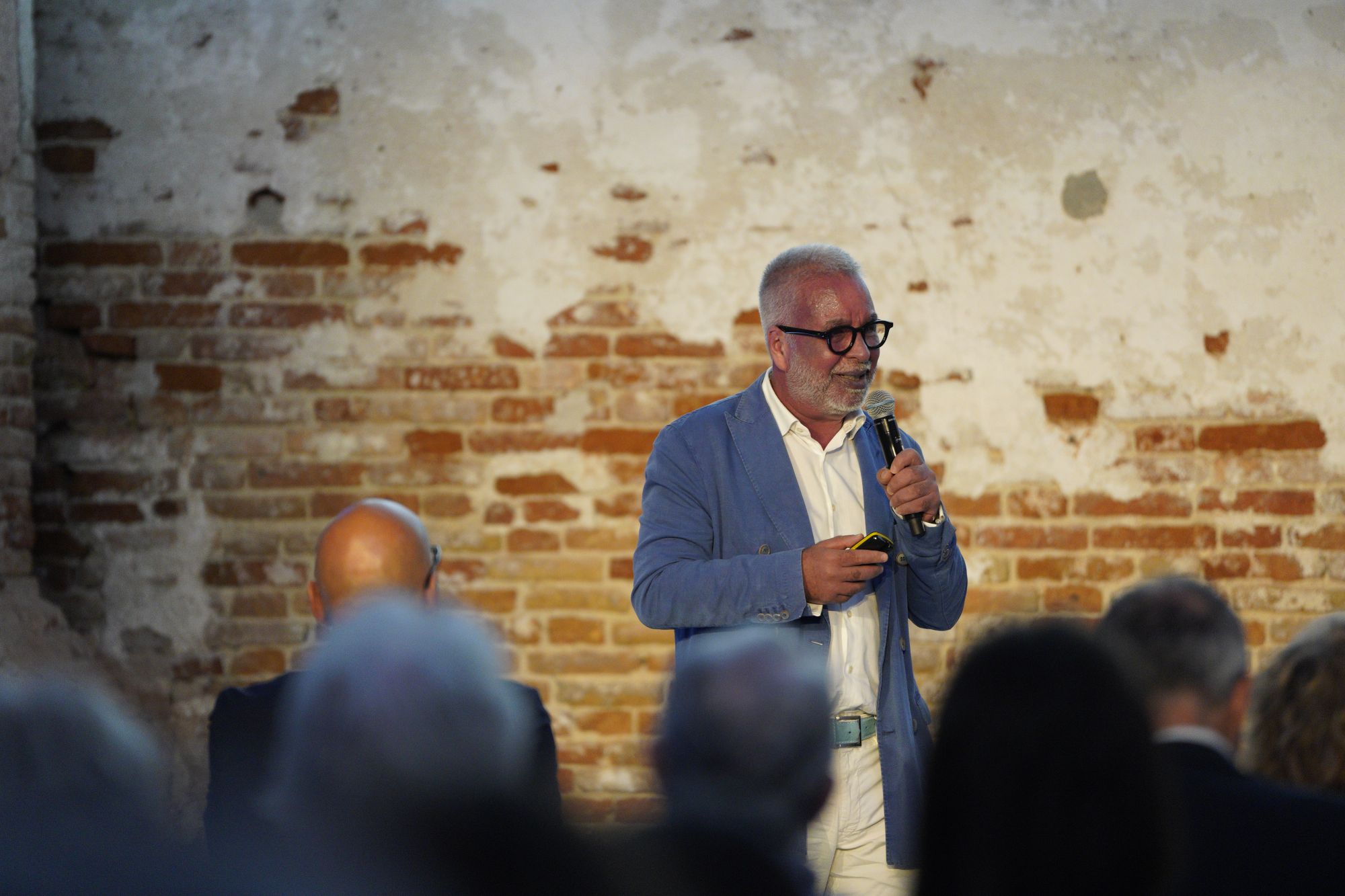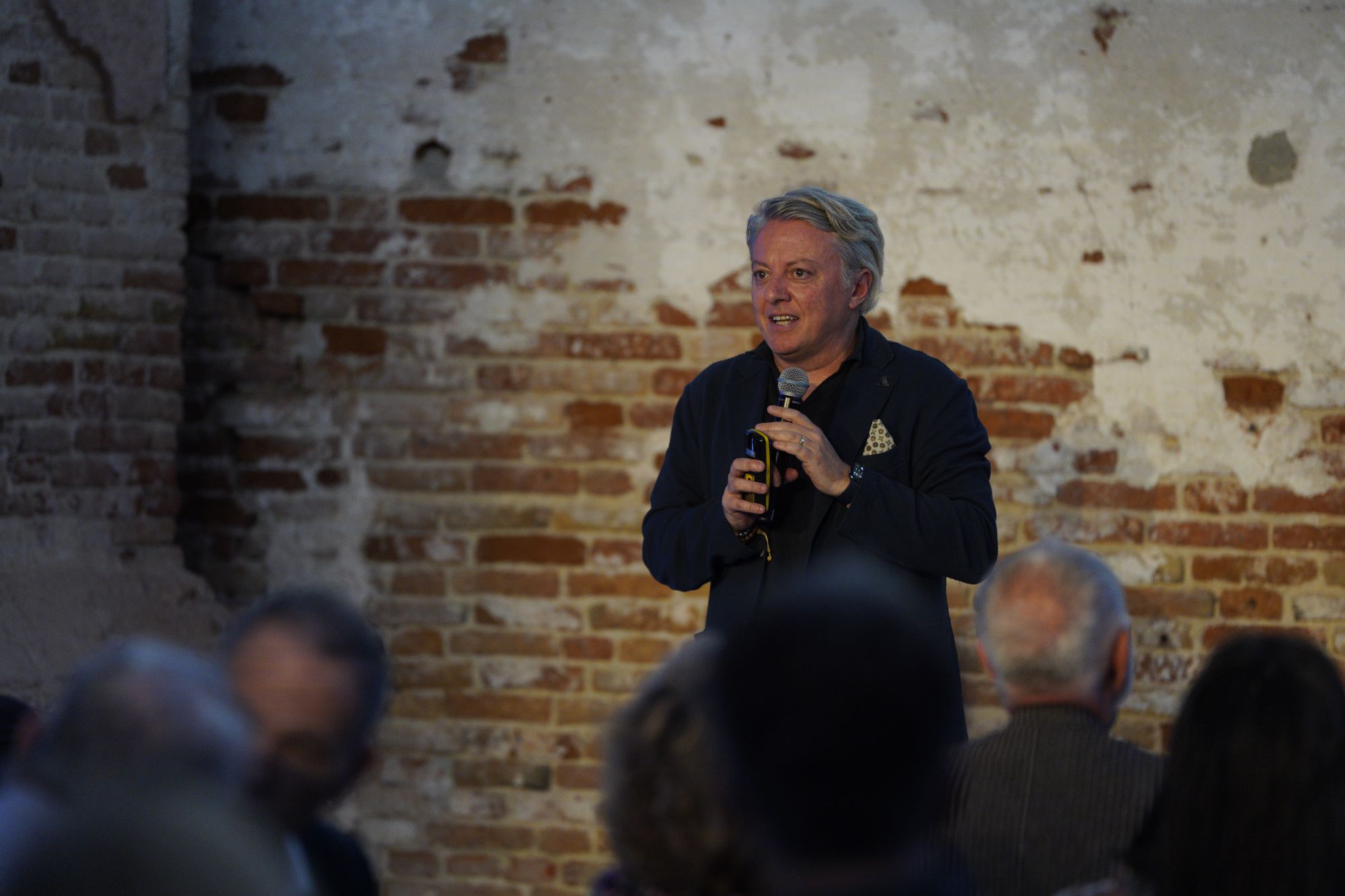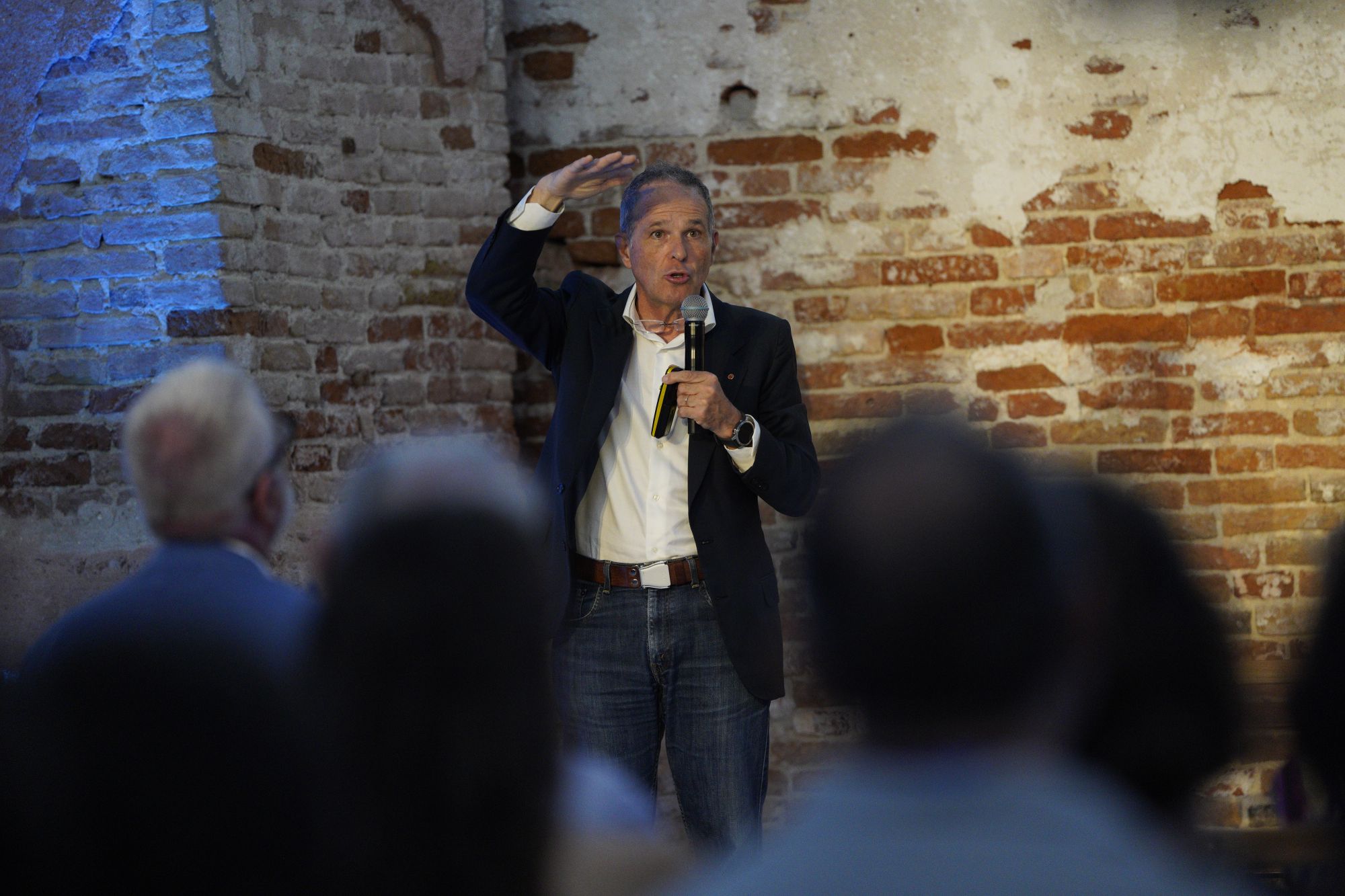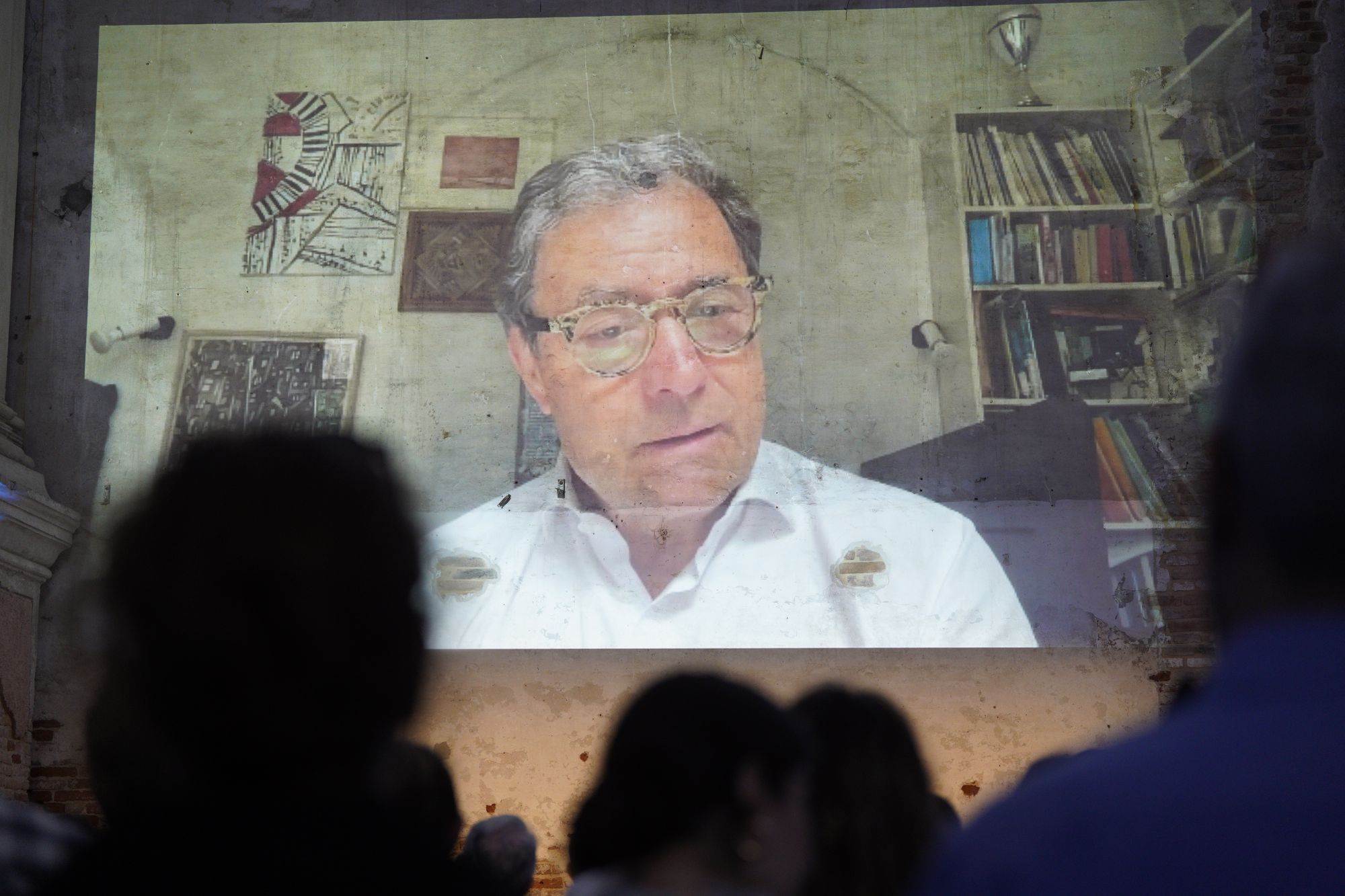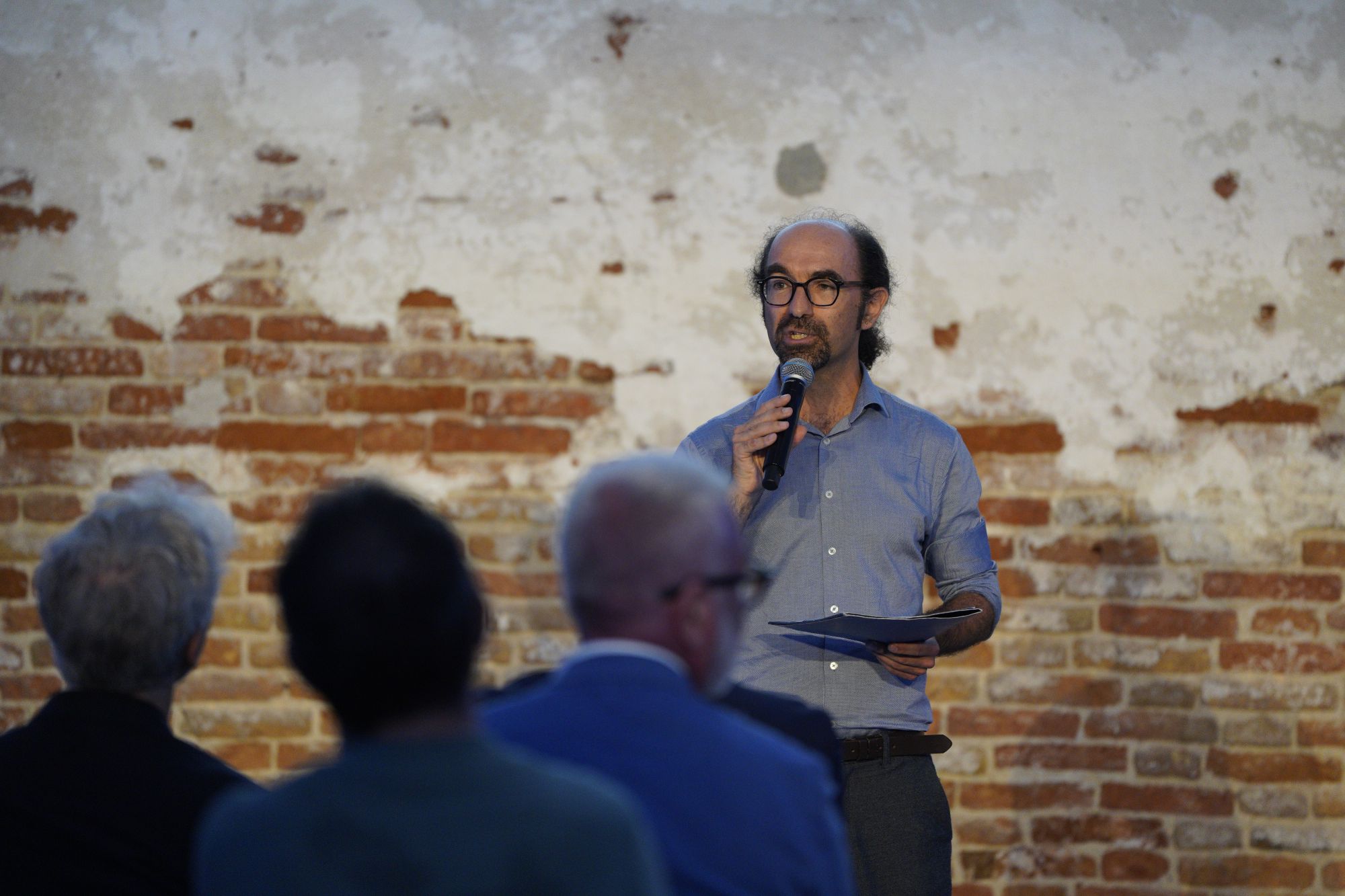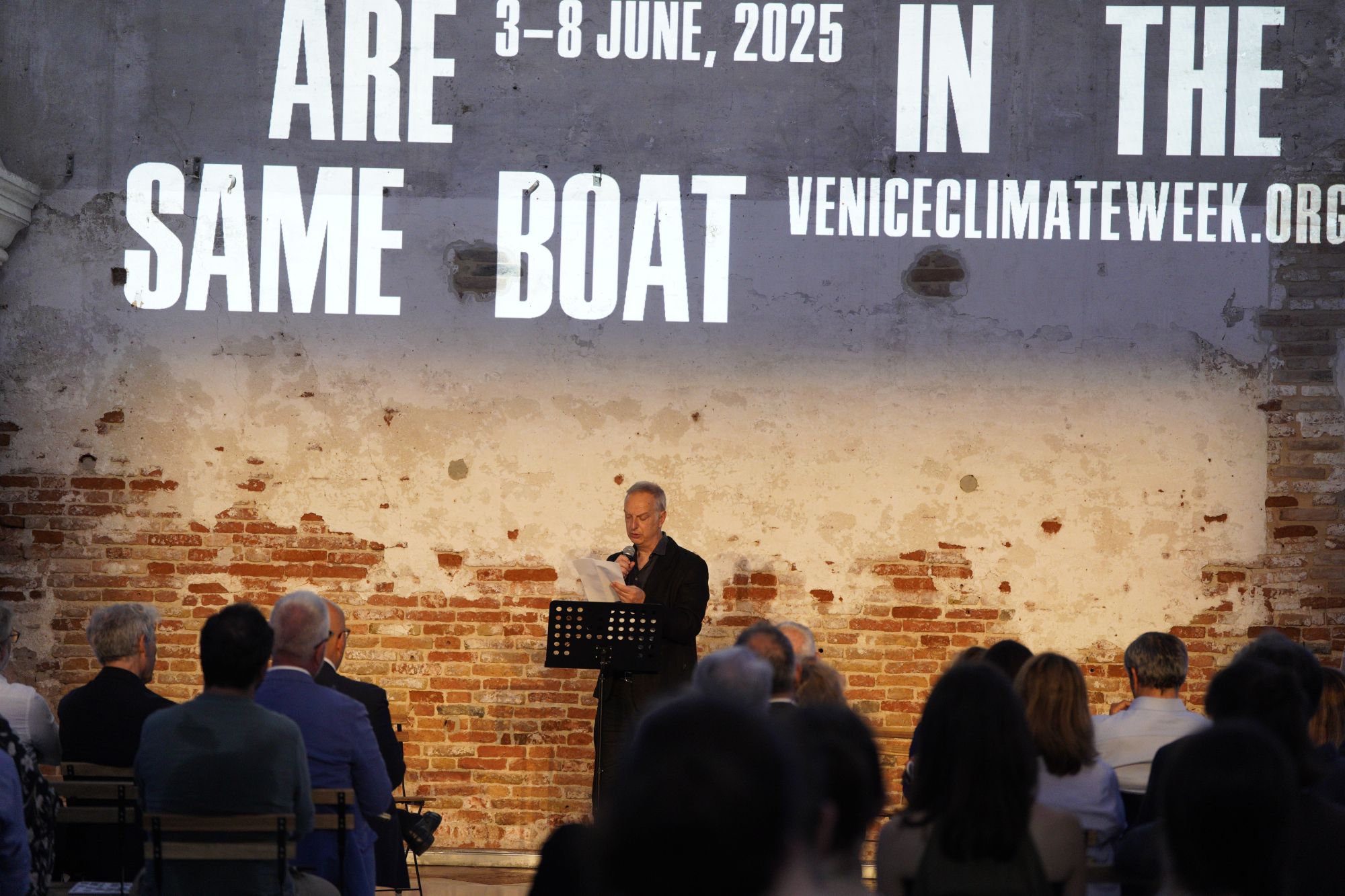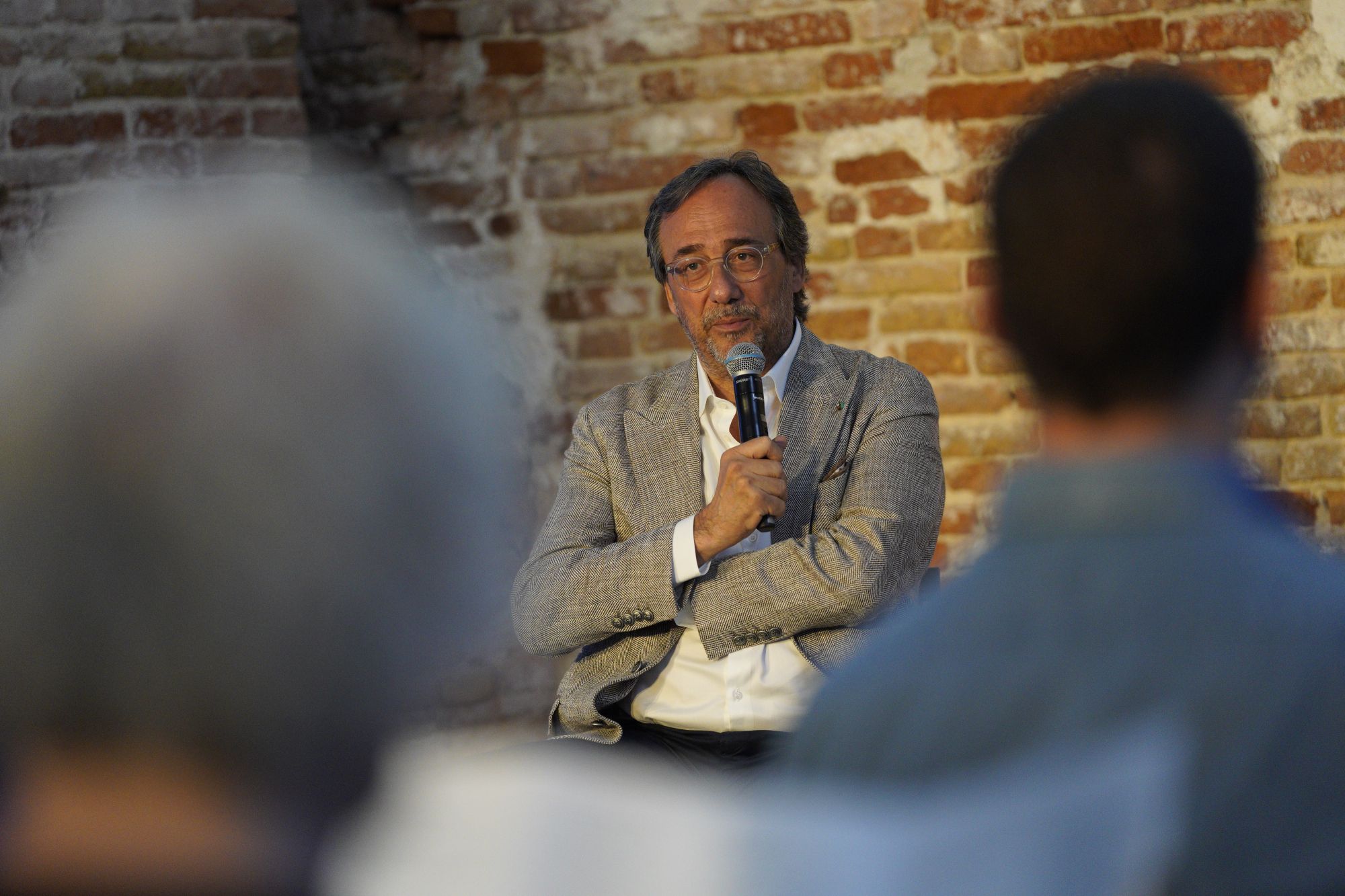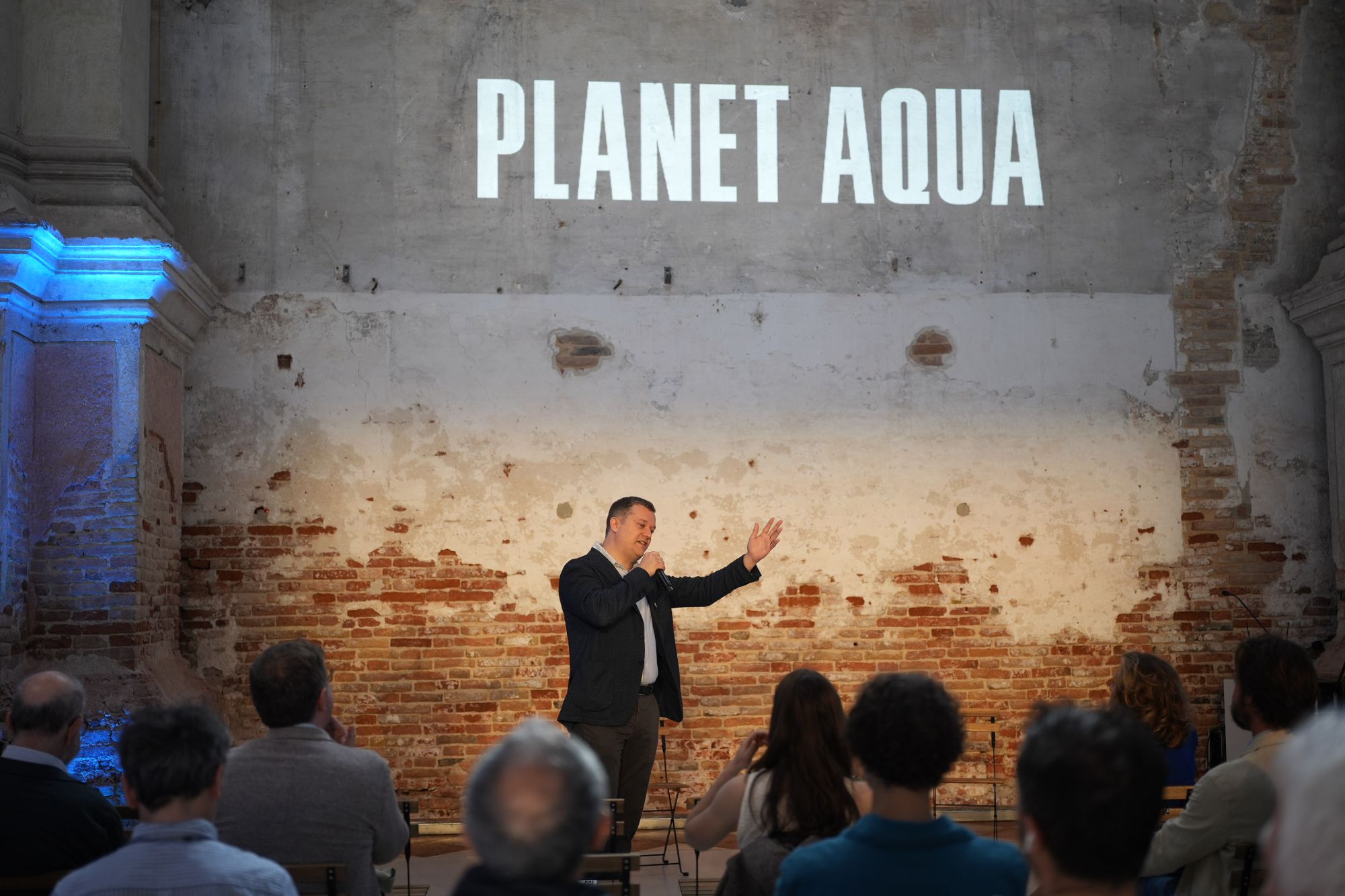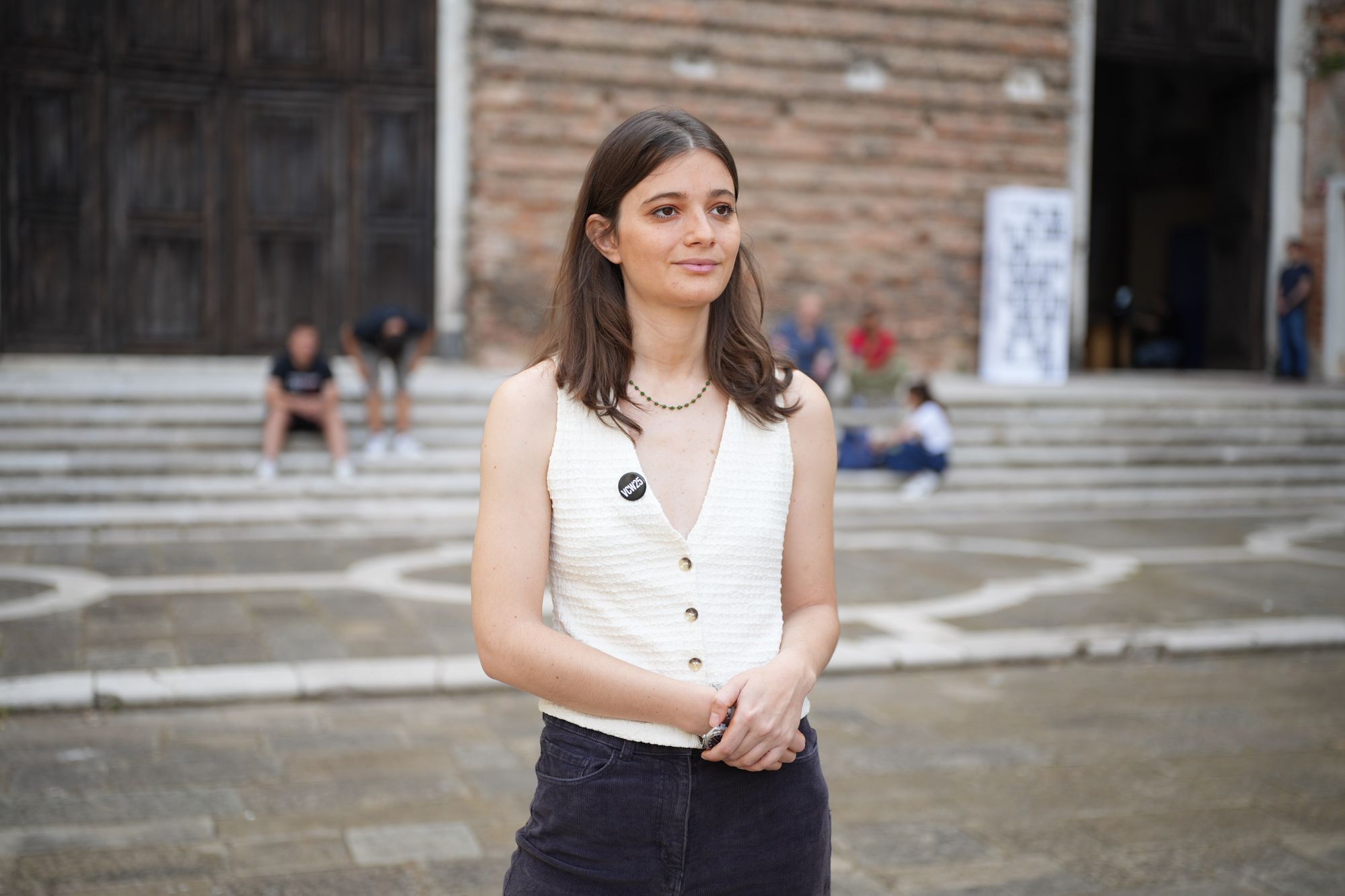Ocean Space, Venice: Science Dialogues with the Future
The second day of Venice Climate Week opened this morning at Ocean Space with an intense and well-attended meeting, bringing together scientists, researchers, and young people engaged in the fight against the climate crisis. This was a valuable opportunity for dialogue in a historic moment where science is called not only to understand change but to inspire urgent, shared solutions.
Venice Climate Week is joining the open letter issued today and signed by more than 25 of Italy's leading scientists and climatologists, addressed to Prime Minister Giorgia Meloni and Environment Minister Gilberto Pichetto Fratin. The letter calls on the Italian government to strongly support the European goal of reducing climate-altering emissions by 90% by 2040, as outlined by the European Scientific Advisory Board on Climate Change (ESABCC), a crucial step towards achieving climate neutrality by 2050.
Giulio Boccaletti, Chief Scientific Officer of CMCC, made an impassioned appeal to the younger generation:
“We need young people to take the future of the planet to heart. We did not succeed.”
A call for responsibility and leadership, directed at those who have the opportunity to lead change today.
Ferdinando Boero, Professor of Zoology at the University of Naples Federico II, emphasized the importance of interdisciplinary collaboration:
“There are scientists who despise those practicing different sciences. But knowledge requires collaboration.”
He also highlighted the need to distinguish between those who study ecology professionally and those who support it with civic passion, underlining the value of both.
The voice of the younger generation was represented by Tosca Sala, a young researcher and European coordinator for marine biology:
“Among young people, there is a lot of commitment to the climate, but also much misinformation. Science has the duty to share knowledge in an accessible way.”
She added: “There is no single solution: knowledge, technology, social sciences, politics, and communication are all needed. Everyone must contribute.”
The afternoon featured a profound moment of reflection between science and culture, thanks to the participation of writer Antonio Scurati, who called for a new alliance between science and humanitas:
“The climate emergency, a true existential threat, forces us to realign ourselves, as happened during the Renaissance. If we are to overcome it, it will be by following the path of knowledge, not ignorance.”
He called for renewed dialogue between science, the arts, literature, philosophy, and music as common tools to tackle the present.
Andrea Rinaldo, Professor of Hydraulic Engineering at the University of Padua and EPFL Lausanne, picked up Scurati's invitation with a decisive message:
“This is the time for militancy.”
A day rich in content that strongly reaffirmed how scientific knowledge, interdisciplinary dialogue, and collective participation are essential tools for building a sustainable future.
Carlo Barbante said: “The term ‘climate change’ did not appear in any program before 2017; now it appears in many. There’s a small change underway.”
